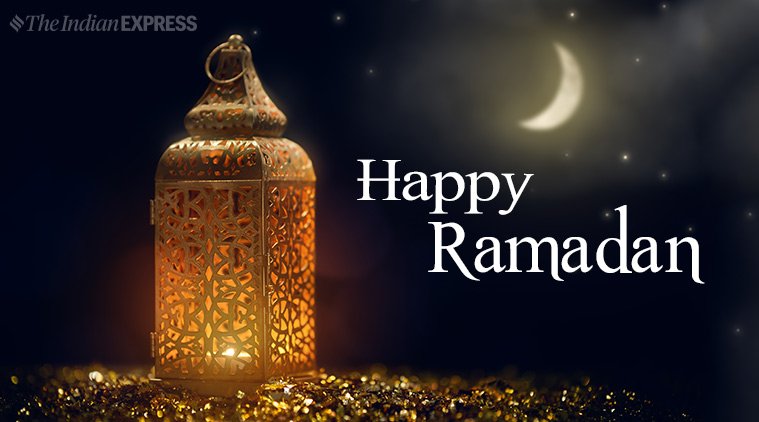
Ramadan, the ninth month of the Islamic lunar calendar, holds profound spiritual significance for Muslims worldwide.
It is a period of fasting, prayer, reflection, and community, observed by millions around the globe.
This month-long fast commemorates the first revelation of the Quran to Prophet Muhammad, according to Islamic belief, marking it as a time of heightened devotion and worship.
The Fasting
Fasting during Ramadan, known as Sawm, is one of the Five Pillars of Islam—fundamental practices that all observant Muslims are expected to adhere to.
From dawn (Fajr) until sunset (Maghrib), Muslims abstain from eating, drinking, smoking, and sinful behavior.
The fast is broken at sunset with the iftar meal, traditionally started with dates and water, following the practice of Prophet Muhammad, before moving on to a larger meal.
The pre-dawn meal before the fast begins is called suhoor, and it is equally significant for sustaining the fast throughout the day.
The Spiritual Significance
Ramadan is a time for spiritual growth and purification, an opportunity for Muslims to draw closer to God (Allah) and to cultivate self-discipline, empathy, and compassion for the less fortunate.
The fast is not only a physical abstention but also a moment for inner reflection, prayer, and reading of the Quran.
The nightly Taraweeh prayers, special prayers offered in congregation, are a hallmark of Ramadan, where longer portions of the Quran are recited, aiming to complete the recitation of the entire Quran by the end of the month.
Charity and Community
Charity, or Zakat, is another Pillar of Islam significantly emphasized during Ramadan.
Muslims are encouraged to be especially generous during this month, providing for the needy and engaging in charitable activities.
The sense of unity and community is strong during Ramadan, as families and friends gather to break their fast together, and mosques become centers of worship and fellowship.
Eid al-Fitr
The conclusion of Ramadan is marked by Eid al-Fitr, the Festival of Breaking the Fast, a day of joyous celebration.
Muslims gather for a special communal prayer in the morning, followed by festivities, feasting, and the giving of gifts.
It is also a time for Muslims to give a specific form of charity known as Zakat al-Fitr, a donation to ensure that everyone, regardless of their financial situation, can celebrate Eid.
Observance Across the Globe
The observance of Ramadan varies across the Islamic world, influenced by cultural traditions.
Despite these differences, the core practices and the spirit of Ramadan remain universal among Muslims. From the lanterns of Egypt to the cannon fire in Indonesia marking the end of the day’s fast, Ramadan fosters a unique sense of communal identity and spirituality.
The post What You Need To Know About Ramadan appeared first on Naija News.


